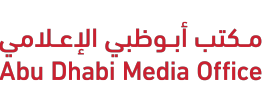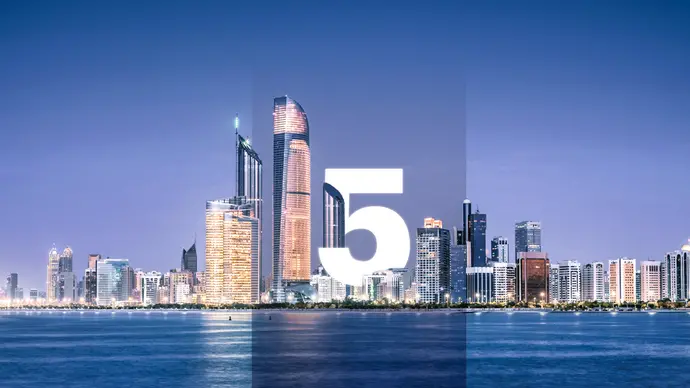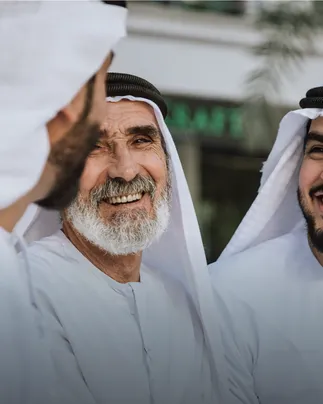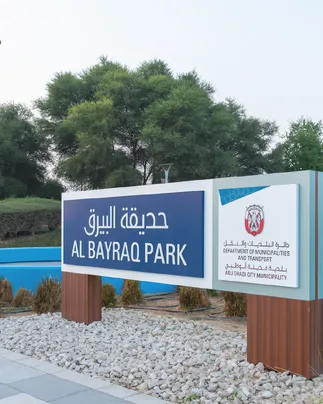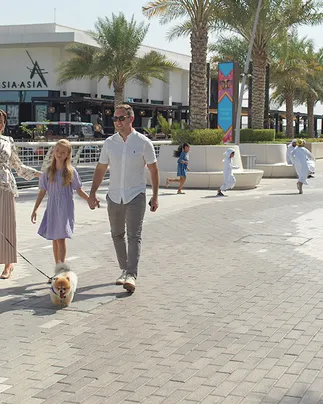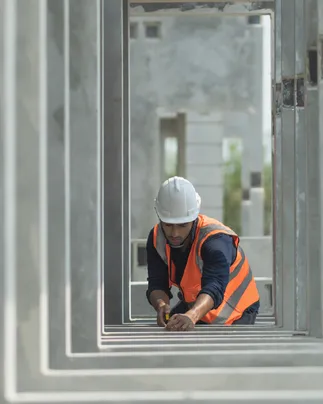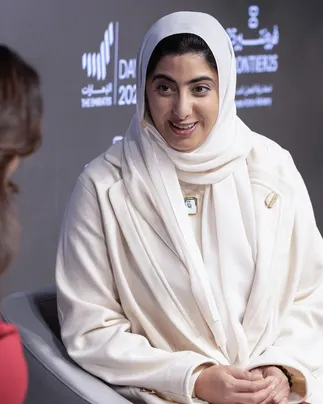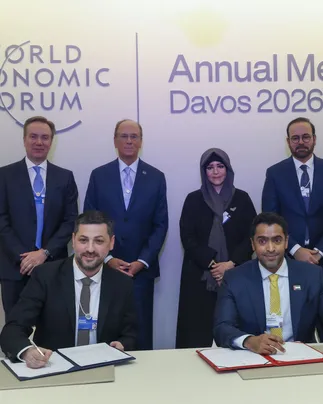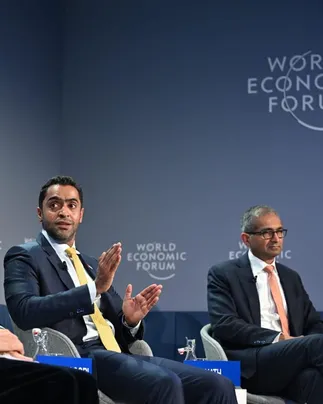Abu Dhabi has been ranked fifth place in the 2025 IMD Smart City Index, rising five places compared to 2024 and surpassing several major world capitals. The results were attributed to Abu Dhabi’s abundant green spaces, free public Wi-Fi, excellent public transportation and effective traffic management.
His Excellency Mohamed Ali Al Shorafa, Chairman of Department of Municipalities and Transport (DMT), said: “Over the past five years, Abu Dhabi has steadily climbed the world’s smart city rankings, moving from 14th place in 2020 to 5th place this year. This is a major achievement for the whole of Abu Dhabi and further cements our position as one of best places in the world to live, work, and visit.
“This international recognition provides further evidence of the success of the whole-of-government approach as our capital continues to expand. Our ambition for 2025, the Year of Community, is to continue to use technology and AI to further empower our people and our businesses.”
The IMD survey ranks 146 cities based on residents' perceptions of their city's structures and technology. More than half of those questioned stated that traffic congestion was not a prevalent issue in Abu Dhabi, with a further 82 per cent expressing their satisfaction with the public transport network. This is reflected in the more than 90 million rides on public buses recorded last year, along with the more than 168,000 passengers making use of Abu Dhabi’s water transportation network. In 2024, DMT invested AED3.4 billion in crucial mobility and road network projects, including a double-bridge project that reduced average morning peak-hour delays by up to 80 per cent on Abu Dhabi's Al Khaleej Al Arabi Street.
Green spaces and public parks were highlighted in contributing to Abu Dhabi’s Smart City Index score, with about 84 per cent of those surveyed expressing satisfaction at their availability and upkeep, which coincided with the department announcing it has opened more than 200 parks and beaches in 2024 alone.
In line with its commitment to innovation and community welfare, the department has upgraded seven parks with interconnected sensors as part of a wider smart parks initiative. The facilities have up to 1,400 sensors that measure different variables, such as soil humidity, electricity consumption and air quality to improve visitor experience, sustainability standards and park management operations.
To further improve public spaces, DMT launched the Abu Dhabi Canvas initiative last year to enhance the aesthetic of public areas while celebrating the country’s rich culture and heritage, using UAE-based talent.
Abu Dhabi's connectivity and accessibility contributed significantly to its top-five ranking. According to the global index, nearly 75 per cent of respondents cited free public Wi-Fi, which the DMT provides on buses, at beaches, and in public parks through Hala Wi-Fi, as a key factor in improving access to public services.
The department remains committed to further enhancing Abu Dhabi's smart city status, with the capital being now being home to the World Smart Sustainable Cities Organisation’s (WeGO) MENA regional office, positioning the emirate as a hub for collaboration, knowledge-sharing, and capacity-building to empower cities across the region in leveraging cutting-edge technologies for sustainable urban development.
